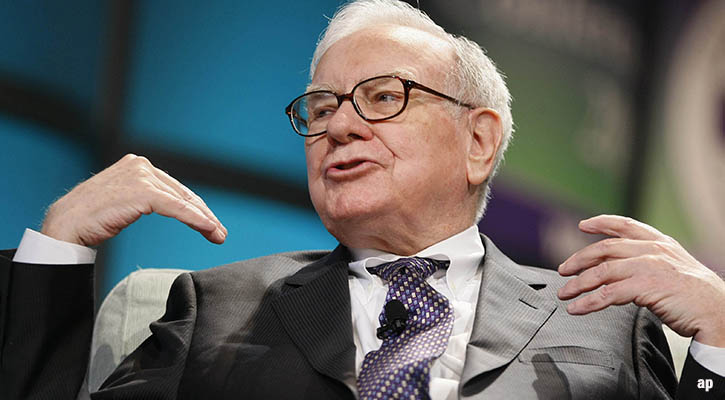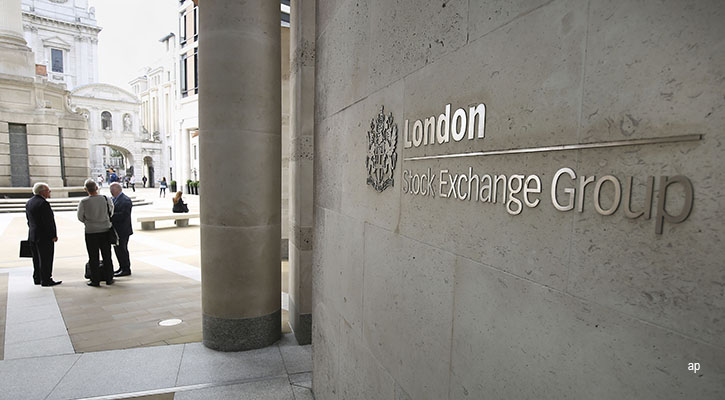
Oscar-nominated movie The Wolf of Wall Street starts with Jordan Belfort complaining that the year he turned 26, he made $49 million - because it was three shy of a million a week.
The work, based on a true story, also sparked a bitter controversy in the US between the association representing more than 1,500 victims defrauded by Belfort and the director Martin Scorsese. Indeed, the movie falls short when it comes to portraying the victims of Belfort’s scams.
Who knows how many people, leaving the cinema, have imagined themselves in the shoes of the young broker who became a billionaire in the early 90s? Beyond the golden patina of unbridled – and even a little irritating – luxury sported by the character played by Leonardo DiCaprio, shrewd investors should have left the room with some lessons well engraved in their minds. It is Belfort himself (who today holds seminars on sales strategy, one for Morningstar Australia in 2009) in his numerous essays and articles, written after prison, to point out these points, among others.
So here are seven lessons from the Wolf of Wall Street:
1. Be Wary of No-Name and Small-Time Operators
It is better not to entrust your money to an unknown broker or a consultant not affiliated with any consulting firm. There are serious professionals among the smallest, just as there are bad apples even in companies with a great tradition, but relying on someone who with no career track record or who you do not know well is a big risk to take.
2. Don't Stop at Their Own References
If you do decide to work with a little-known broker of consultant, you need to at least be sure you can trust who will manage your money. You cannot stop at the references passed by them directly, use independent ones.
3. Information on the Company Must be Solid and Clear
Before taking a decision it is always good to do some research. Reputable advisers do everything in the open and it should not be difficult to retrieve information or confirmations on the way they behave and do business. Those who advertise only on performance but remain opaque about everything else, starting with their investment process, are suspicious. If they have even a partially shady reputation, run the other way.
4. Ethics: Once Lost, Gone Forever
When it comes to money, there's no in-between. If you pass the limit once, there is no turning back. “I didn't start out ethically bankrupt. I sold my soul a little bit at a time. I crossed over to the dark side through a series of tiny imperceptible steps,” says Belfort in his autobiography.
5. Beware of “Exclusive Groups”
The oldest technique in the world is to flatter: “My clients are exclusive, but you can be part of them.” Bernard Madoff did exactly that.
6. If it Seems Too Good to Be True, it Probably is
Everyone is looking for the easiest and shortest way to reach their goal, and finance is no exception. When someone offers you a method or conditions that are too good to be true, you need to ask yourself twice as many questions and do twice as much research. Again, the mind-boggling returns offered by Madoff for years are a perfect example.
7. Financial Conduct Authorities Have Their Limits
Regulatory and supervisory authorities are very important, but blindly relying on them is still a bit naive. Investors must be the first controllers of themselves and the operators they deal with.
Particularly worrying in this sense is the testimony of Belfort on the controls suffered for years by the Security and Exchange Commission. “The agency itself is just all wrong. It's understaffed and under-capitalized. It needs to be dismantled and rolled into a more effective government agency” – he says – “In the Stratton Oakmont days, the SEC sent four teams of investigators to us in two years. They were kids. They would come in and they knew nothing about the securities business. Back then I went to great lengths to make my activities appear legitimate. We'd give them tens, hundreds of thousands of trading tickets, and while they were busy looking for the smoking gun, we made mountains of money.”




























